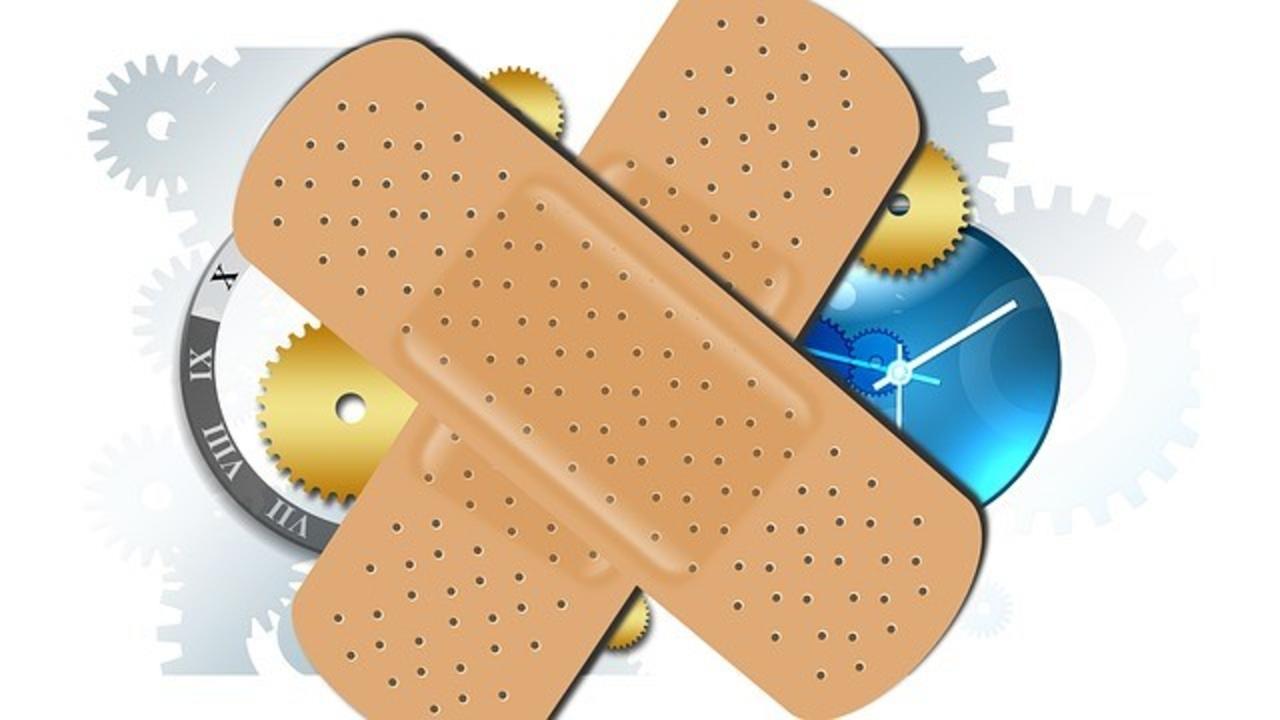What's Your Trauma Response?
Aug 08, 2020
As much as we would like to be free of suffering and pain forever, we'll all experience something traumatic eventually. When we do, we're going to react in certain ways that are determined by how we've been conditioned.
Certain scientific studies have determined that maternal stress alters fetal brain development causing changes lasting into adulthood.
When a pregnant woman is stressed, fetal brain development places less importance on the forebrain or neocortex where logical thought, creativity, strategy, math and language are primary functions. Instead, the hindbrain becomes more developed prioritizing movement, reflexes, and survival instincts. Children born to stressed mothers often show increased fear responses, are less likely to explore their environment (i.e. a lack of bravery), distrustful of others (fear of strangers), and showed more anxiety than children of mothers who did not experience much stress in their pregnancy.
The children of stressed mothers also began to experience fear based attachment disorders into adulthood which may make it difficult to maintain relationships (due to mistrust), and an increase in anxiety and depression. Because their survival instincts are more heightened, others may consider them to be "street smart", reclusive (as a means of self-protection), or able to handle adversity well even when incredibly anxious.
Your trauma response is often a combination of development, conditioning, and learned behavior. There are 3 main responses when we encounter trauma: Fight, Flight, and Freeze. A fourth pattern has been proposed by Pete Walker, a marriage and family therapist specializing in trauma. The fourth pattern is referred to as Fawn. It's very common to blend patterns depending on any given situation. In order to help you understand your trauma response, I'll discuss each pattern below.
FIGHT
If your natural pattern is fight, then chances are you know it! People with this pattern are often considered bold, aggressive, and overly concerned with control. In order to feel safe, they become the aggressor in an attempt to control the outcome. I once had a client named *Linda who would state "I will win an argument at all costs!" In her childhood, she encountered great physical abuse. Rather than cower during arguments, she learned that it was better to be the winner because only the winner is safe. Those with this type may display demanding or controlling behavior, anger, competitiveness, concern with doing things perfectly, and may treat others unfairly.
FLIGHT
Those who display this pattern may fill their time with dozens of tasks as a means of avoiding what they truly fear. In addition, they tend to be overly concerned with the pursuit of perfection, and view this as a means to achieve the love they craved but didn't receive in childhood. If your natural pattern is flight, then you my have insomnia due to repetitive worrisome thoughts, have compulsive or repetitive behaviors, become fixated or obsessed with details or goals, fast-moving or unable to sit still, and labeled a workaholic.
FREEZE
People with this pattern are often suspicious or mistrustful of others. As a result, they may prefer solitude, or avoid social interactions. If your trauma response is to freeze, then you may disassociate (or space out) during stressful events, and have difficulty making decisions or acting on them. In relationships, your partner may find that your are distant, and that you have difficulty sharing your innermost thoughts and feelings.
FAWN
This pattern is often referred to as "people-pleasing". As a survival mechanism, it allows one to achieve safety by tending to other's needs. Unfortunately, this causes co-dependent relationships and denial of your own needs. By not fulfilling your own needs, you escape notice from others, but you maintain unhealthy relationships which causes you to feel unhappy and stuck. People with this pattern may have issues saying no, have difficulty setting and maintaining healthy boundaries, are concerned about fitting in or acceptance from others, and struggle with low self-esteem.
Part of understanding yourself is to become familiar with your patterns. The way you respond to stress or trauma affects your daily life in multiple areas. In order to keep you safe, your brain will respond to perceived threats which include multiple triggers. It's entirely possible to eliminate echoes from past trauma, and triggers which cause stress. If you're suffering from anxiety, low self-esteem, and the after-effects of a traumatic event or childhood, then please schedule your free consultation to find out how Neuro-Emotional Technique can help you eliminate your fear-based triggers.

Dr. April Darley is an expert at resolving stuck patterns of behavior through Neuro-Emotional Technique (N.E.T.). By identifying self-sabotaging behaviors, she can help you regain confidence, improve relationships, remove blocks to health, wealth and success in any area of your life
Freedom In Your Inbox!
Join our mailing list to receive weekly tips on how to balance leadership and life.
Don't worry, your information won't be shared and you can unsubscribe at any time.
